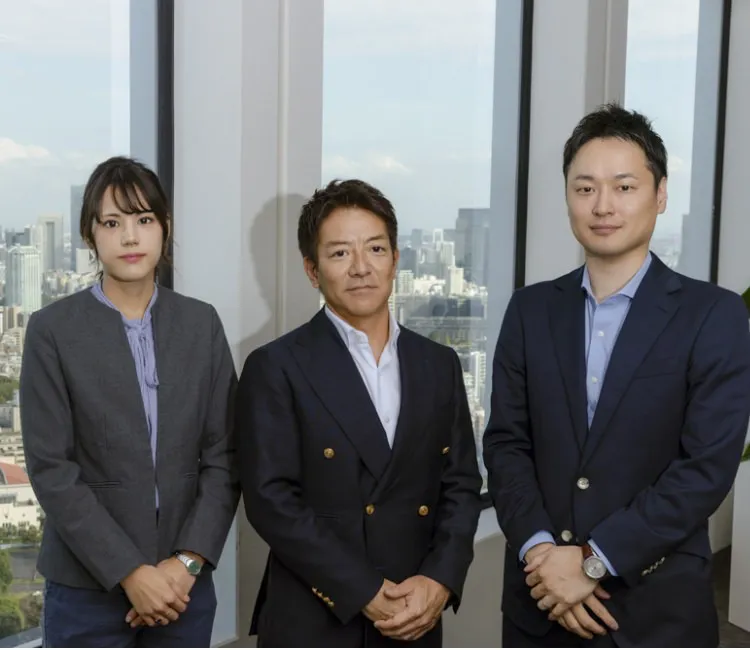Serious social issues like poverty and economic gaps persist worldwide, and social loans (see note) are gaining attention as a means of financing businesses that contribute to solving these challenges. By providing social loans in Japan and abroad, SMBC Group helps to adress issues such as poverty, inequality, and housing problems.
(note) Social loans fund projects aimed at addressing social issues including poverty, education, gender equality, healthcare access, and job creation.
We interviewed Tatsuhiko Iwamoto, President and CEO of Village House Management Co., Ltd. (Village House Management), which oversees Village House rental properties targeting mid- to low-income families, foreign residents, and others in need of housing assistance. Additionally, Toru Yamasaki from SMBC’s Global Client Business Department and Rise Katsuda from the Sustainable Solution Department discussed the current situations and future prospects of their social loan initiatives that support these efforts.
Closing Housing Gap Through Social Loans
For SMBC Group, “creating social value” is a core management principle, with “poverty and inequality” as one of its five priority issues. A social loan is one of the financial instruments used to advance these efforts.
Katsuda:“The concentration of economic development in certain countries has widened the gap of inequality,” explains Katsuda. “As a result, many people around the world lack access to basic necessities like housing, water, and electricity. To promote fair economic growth, it is essential to channel funds toward addressing social issues. At SMBC, we support companies tackling inequality both domestically and internationally by providing social loans and working alongside them.”


SMBC Group’s social finance initiatives have steadily grown, starting at ¥200 billion in the first year and reaching ¥1.7 trillion in fiscal 2023. Between 2020 and 2023, the Group provided a cumulative total of ¥2.8 trillion in loans to a wide range of organizations, including governments, municipalities, and corporations.
Katsuda:“While advancing our work in social finance, we come to recognize the growing housing inequality in modern society,” explains Katsuda. “We resonate with Village House Management’s mission to provide affordable, quality rental housing, and since November 2021, we have provided multiple social loans to support their Village House initiatives.”
Rising living costs and increasing housing expenses have made providing secure and affordable housing a pressing issue in modern society. Efforts to address this challenge by offering housing at reasonable prices to a broad income range, including low- and middle-income groups, are known as affordable housing.
A leading example of affordable housing is “Village House.” The service acquires older properties, such as former subsidized employee housing that was privatized after government programs ended. These properties are renovated and rented out at accessible prices, with no security deposits, key money, or renewal fees, making them available to a wide range of people.
Pioneering Affordable Housing in Japan
In Japan, public housing has long played a key role in providing affordable housing as essential infrastructure that supports people’s livelihoods.
Iwamoto:“Public housing supply in Japan has been declining since its peak in 2005,” explains Iwamoto. “At the same time, demand for accessible housing — especially among single households, low- to middle-income earners, and foreign workers — continues to grow, creating an imbalance between supply and demand.
To address this, we, as a private company, acquire older properties and renovate them for reuse instead of building new ones. With financial support from SMBC, we provide affordable housing where residents can maintain their quality of life and live securely for the long term at reasonable rents.”
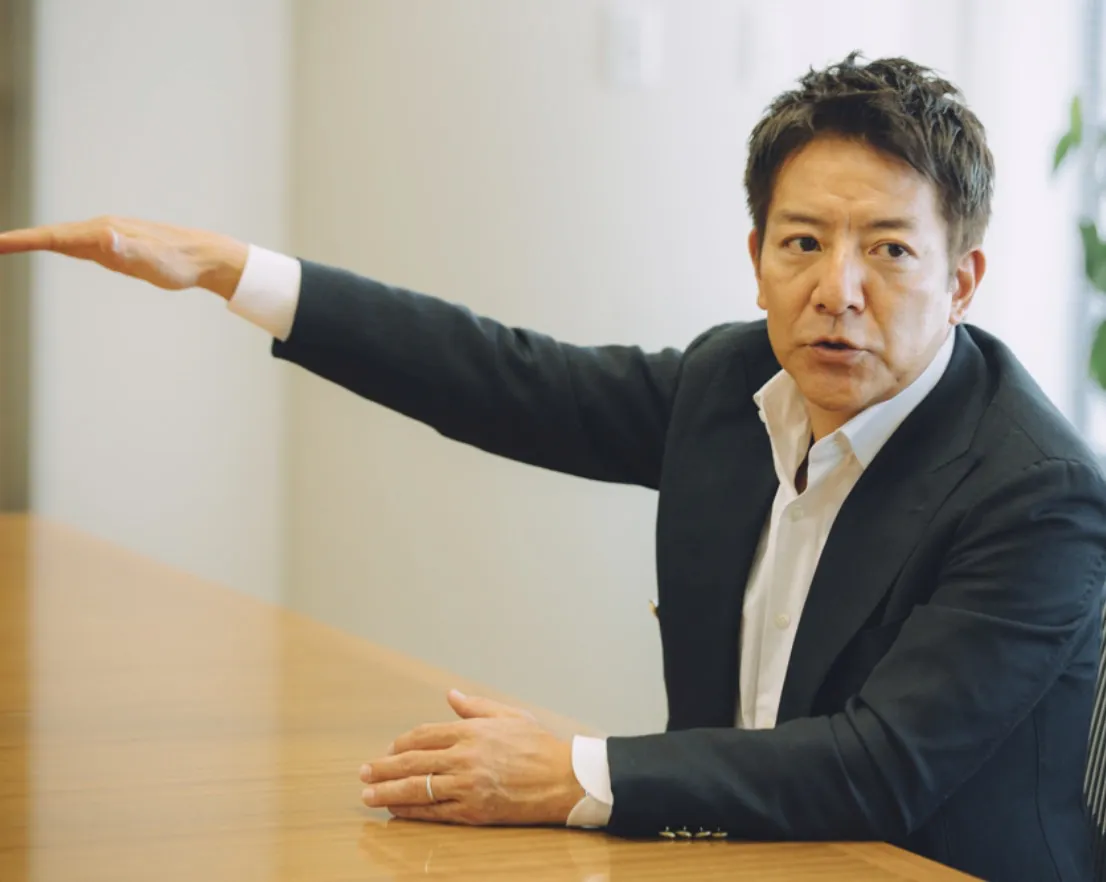
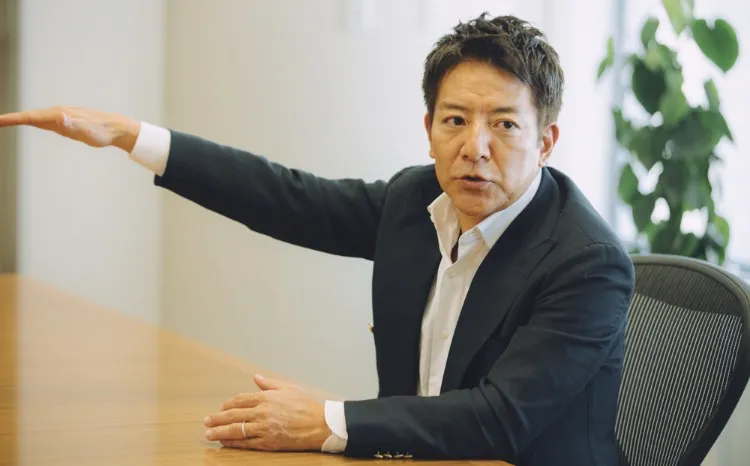
As of September 2024, Village House Management operates and manages 1,063 properties (2,942 buildings, 107,948 units) nationwide. The average monthly rent for their rental units is just under ¥40,000, significantly lower than typical private apartment rents.
Notably, all 1,063 properties are utilized without redevelopment. Reusing existing buildings without demolition contributes to resource circulation, waste and CO2 emission reduction, making it a valuable environmental initiative.
Iwamoto:“We focus on providing affordable housing not only for low- and middle-income groups but also for seniors and foreign workers,” notes Iwamoto. “With labor shortages expected to intensify, an increase in foreign residents is anticipated to support Japan’s economic growth and address staffing needs in local businesses, agricultural businesses, and care facilities. To meet these needs, it is essential to expand affordable housing across Japan, including in regional areas.”
Housing alone is not enough to support foreign workers
When Village House properties were first acquired, the occupancy rate was 33%, but it has since increased to 81%. Currently, foreign residents account for 20% of all tenants. Demand for affordable housing remains high, particularly among technical trainees and foreign workers with specific skills. However, beyond affordable rent, diverse forms of support are also essential.
Iwamoto:“Many of our foreign residents at Village House come from countries like Vietnam, Brazil, and the Philippines,” shares Iwamoto. “Language barriers are a common challenge, so we established a call center that provides support in each resident’s native language, from move-in to move-out. Additionally, we recently organized events to encourage interaction between foreign and Japanese residents, as well as the local community. We aim to continue activities that contribute to building stronger community connections.”


A scene from an exchange event
Cultural and habitual differences between Japan and other countries can lead to issues, such as garbage disposal problems. However, support systems like call centers and opportunities for community engagement have helped prevent issues and promote interaction.
The phrase “When in Rome, do as the Romans do” highlights the importance of following local norms to avoid conflicts. However, in today’s world, embracing and learning from differences is equally important.
Village House Management’s efforts go beyond addressing housing inequality and hold the potential to contribute to the development of a multicultural society.
Addressing social issues by circulating both money and ideas
During the exchange event mentioned by Iwamoto, SMBC Group hosted an engaging workshop on financial literacy to contribute to the event’s success. Yamasaki, who manages the Village House account, led the workshop that was designed to make learning about finance both fun and accessible.
Yamasaki:“We have introduced Village House Management to over 30 companies with potential for business collaboration over the past two years, in addition to organizing this event,” explains Yamasaki. “Our role is not limited to providing financing. We work to deeply understand our clients’ businesses and explore ways to support their success and address social issues from various perspectives.”
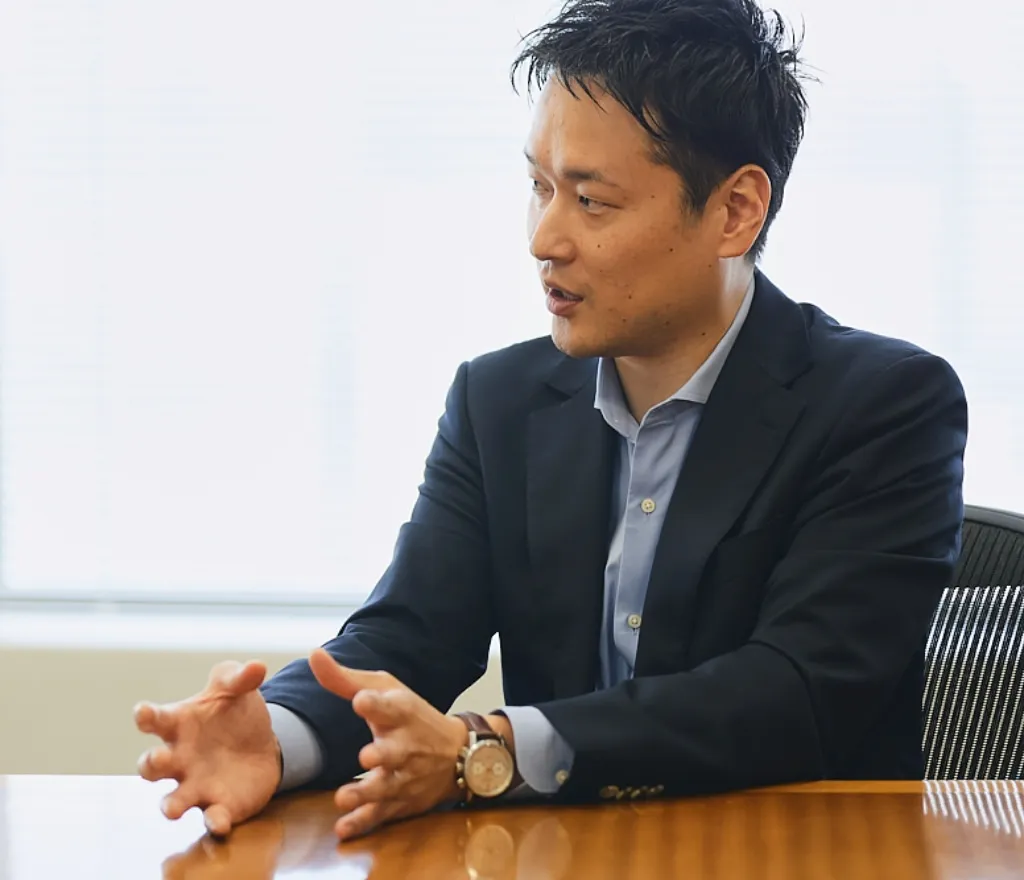
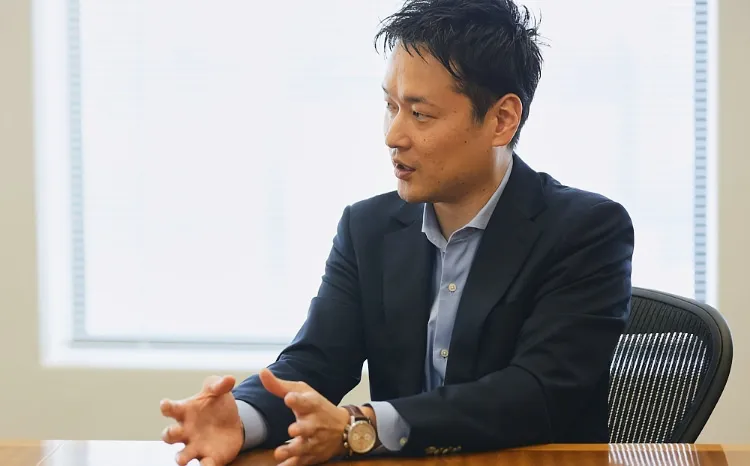
Katsuda:“In addition to our social loan initiatives, SMBC launched ‘Social Deposits’ in April 2024 for individual and corporate clients,” shares Katsuda. “This program allocates clients’deposits to financing projects aimed at addressing social issues such as poverty and inequality. Going forward,we aim to help solve these issues by accelerating the positive cycle of capital.”
Iwamoto:“Affordable housing serves as a safety net for those struggling to secure housing,” notes Iwamoto. “To further accelerate our initiatives, we strive to raise new funds from capital markets, promote the long-term use of properties, and provide affordable housing to more people.”
Providing comfortable and secure housing for people from diverse backgrounds — across income levels, foreign residents, and seniors — requires addressing residents’ needs and creating a livable environment. It also depends on the support of reliable partners to advance such initiatives.
Through its social loan program, SMBC has established key partnerships with companies working to reduce housing inequality and build inclusive communities. These efforts represent a significant step toward creating a society where everyone can live safely and comfortably.



